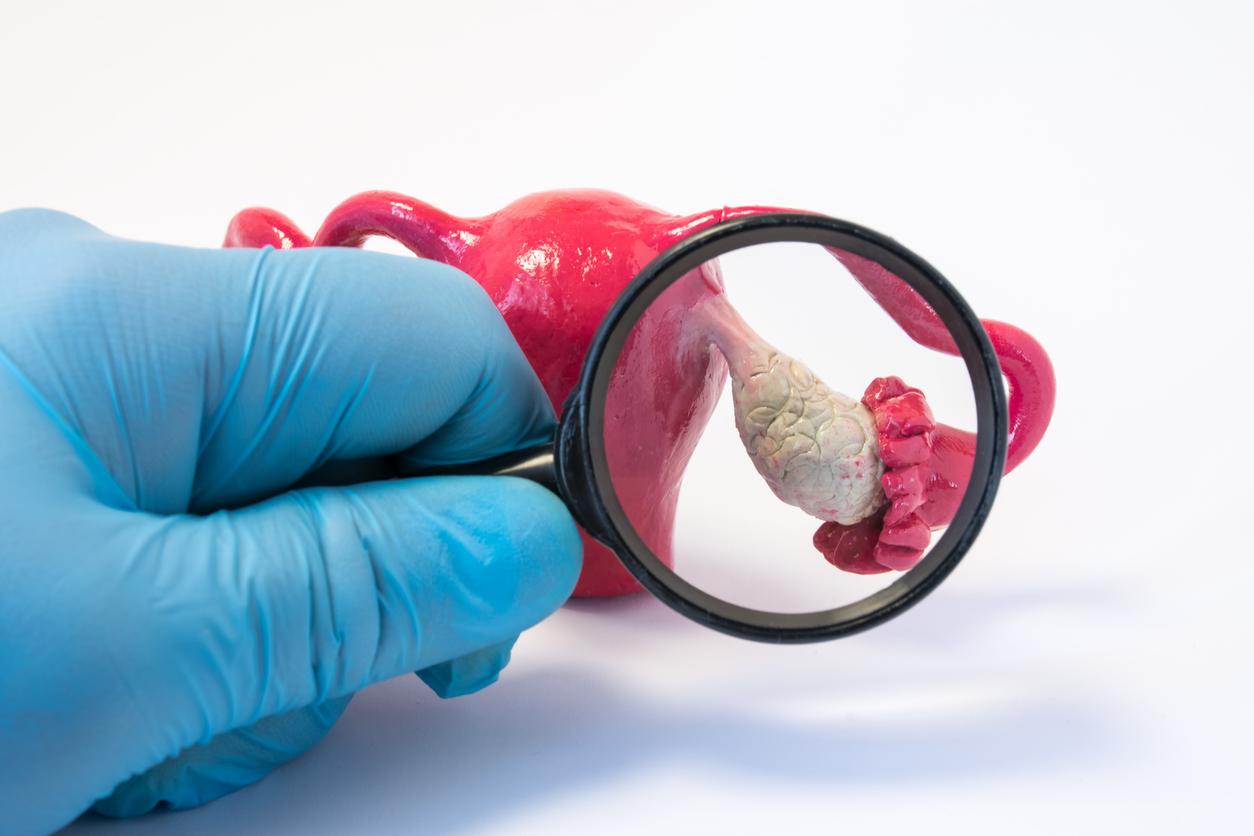
In a study published on April 13, 2021, researchers showed that sleepwalkers have a higher risk of suffering from Parkinson’s disease. While this neurological disease affects more than 160,000 French people, this discovery may prove useful in understanding this pathology with a view to treating it better.
Researchers confirm link between neurodegeneration and sleep
Of all neurological diseases, Parkinson’s disease has been the fastest growing in terms of prevalence, disability and death in the world since 1990. While this disease is characterized primarily by movement disorder, stiffness muscle and tremors, several non-motor features have been observed frequently in previous studies in patients with Parkinson’s, which may be associated with progressive neurodegeneration. This is the case with various sleep disorders.
It is from this context that researchers wanted to identify these non-motor symptoms in order to better understand the pathology and thus better treat it. To do this, they questioned whether sleepwalking, alone or associated with a behavioral disorder during REM sleep, is associated with a higher risk of Parkinson’s disease.
Sleepwalking and sleep disturbances associated with a higher risk of developing Parkinson’s
Published on April 13 in the journal JAMA Network Open, the cross-sectional study focused on the analysis of the sleep of 25,694 men. Data collection took place between January 2012 and June 2018 and data analysis took place from July 2020 to October 2020. Result? Sleepwalking and REM sleep behavior disorder were both significantly associated with a higher likelihood of developing Parkinson’s disease.
The researchers conclude as follows: “ In this cross-sectional study of a male population, probable sleep parasomnias, including both sleepwalking and sleep behavior disorder, were associated with a higher likelihood of having Parkison’s disease. Parkinson’s disease neurodegeneration may alter the regulation of arousal during sleep “. In addition, this study suggests that sleep regulation may be associated with neurodegeneration associated with Parkinson’s disease.

















